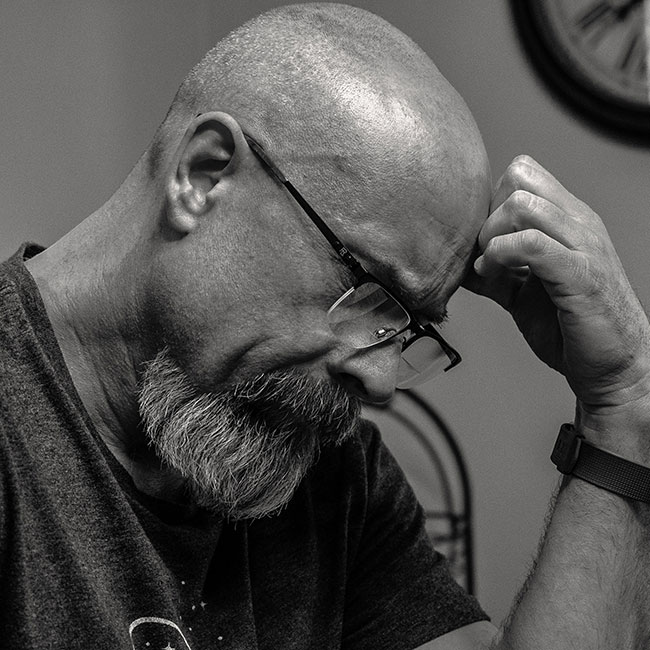When the long-stay hospitals were closing in the 1980s and 1990s, I was working for an organisation in London setting up supported housing for people who were returning to their communities.
Many had been taken away as children, and were now returning to places they hardly knew after decades inside.
We were constantly warned by hospital staff that the moves would not work. People, we were told, would fall downstairs, fall out of windows, walk into roads and be run over, electrocute themselves or die from an unfamiliar diet.
None of these things ever happened.
As a precaution, everyone who moved could decide to move back to the hospital at a six-month review.
One older man, who since moving had gone abroad for the first time on a camping holiday to France and made a regular daily trip to the bookies to place his horseracing bets, was asked at his review if he’d like his bed back.
“You can burn your ******* bed,” he replied.
I still think that is the most succinct comment on an institution I have ever heard.

Being human
I’ve just been reading a book about human nature and I have realised we do things the wrong way around.
People are always puzzling over what it is that makes us human and distinguishes us from other animals. They come up with all sorts of explanations – the ability to be social, to make things, to have a sense of the future or the past, to laugh or to cry, to be able to think abstractly and so on.
The problem is that once we start making these rules, they never apply to all humans.
Many people don’t make things, some don’t wish to be social, others might care little about the future or the past. We therefore start to create categories of exclusion – if you don’t do this or that, you are not fully human.
The answer surely is that to be human means you were born to two human parents.
The job of human societies is to ensure there is a place for all those born human. If we start from there, there is no place for exclusion or institutions.
Below the radar, on the edge
I am continually surprised by people whose faces go blank when the words “learning disability” are mentioned.
I have spoken to distinguished academics who have no idea what a learning disability is, and who then send me a link to an interesting article on “madness” because they think that is what I am talking about.
It’s not just academics. I’ve experienced this with local and national politicians, teachers, employers – just about any group I can think of.
It is no wonder that when a group of people fall so far below the radar of so many, they find themselves on the edges of society.
Trailblazers in tough times
People with learning disabilities as a group have come through the intense challenges of the pandemic with great credit.
Despite the greater medical susceptibility of some, and the high exposure of many as a result of economic and social circumstances, people with learning disabilities have been real trailblazers in the resilience, creativity and sheer determination they have shown.
Self-advocacy groups have flourished, setting up mutual help plans to protect against isolation and danger. Thousands have embraced online connection, even if they were wary of it before.
Artists have created, performers have performed and activists have beaten a path to the heart of government over vital issues such as vaccine prioritisation.
This is a group that many members of the public, employers, politicians and others think struggle to learn and do things.
As a group who always have to face adversity, they have shown a resilience that puts many of us to shame.
